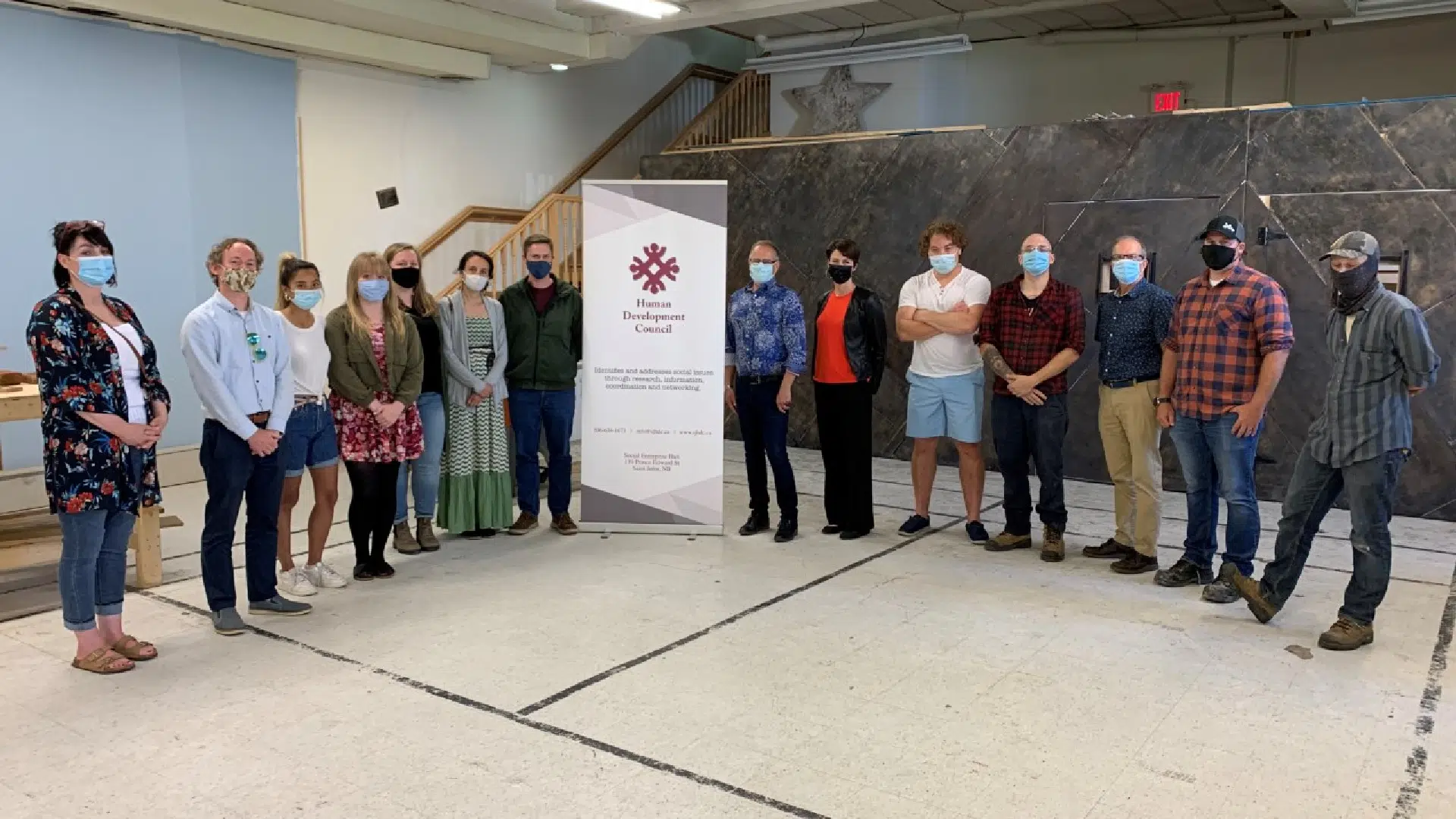The Human Development Council has received nearly $2.2 million in renewed federal funding for its UYES! program.
The program helps Saint John-area youth aged 15 to 30 overcome barriers and move toward their employment and education goals
Project manager Callie Mackenzie said they are proud of how far youth in the program have come since it launched in late 2017.
“We’ve seen people that may have been at one point lacking in self-esteem and opportunities and now they’re enrolling in university or college, they’re embarking on careers in trades,” said Mackenzie.
Five other organizations also help to provide wraparound services for the youth: the Saint John Learning Exchange, the Teen Resource Centre, Outflow Ministry, Housing Alternatives, and the Saint John Community Loan Fund.
While the renewed money from Ottawa was just announced earlier this month, the organization received the federal funding more than a year ago in April 2020.
In that time, Mackenzie said they have been able to help more than 150 youth in Saint John. More than 100 completed educational programming at the Learning Exchange, with many of them obtaining their adult high school diploma through a program called GOALS.
Six young adults have also completed a carpentry training program through Outflow and Catapult Construction and are entering employment in construction.
“For most of those youth, who are anywhere between 16 and 25 years old, they had really struggled to succeed or even to maintain any consistent attendance in the mainstream school system,” Mackenzie said.
“It’s a second chance for them, sometimes a third or a fourth chance. This money, this funding, allows us to keep that door open for people who might have seen the door closed everywhere else.”
When doors are opened for youth, there is a greater opportunity for them to realize their potential, which means they can make greater contributions to their community, said Mackenzie.
Phase one saw a heavy focus on removing barriers for youth. Mackenzie said while they are still doing that, it is being done in a more thoughtful and efficient way.
“That’s anything from housing supports to mental health outreach to obtaining official IDs,” said Mackenzie. “Some people may have a very hard time just obtaining a birth certificate, and from there, if you can’t overcome that hurdle because you don’t have the support or the know-how to navigate the system, how do you go about getting the rest of your IDs that you would need in life so that you can get ahead.”
Some of the funding will also be used to monitor and ensure they are collecting the data they need to continuously evaluate and fine-tune the program, said Mackenzie.




